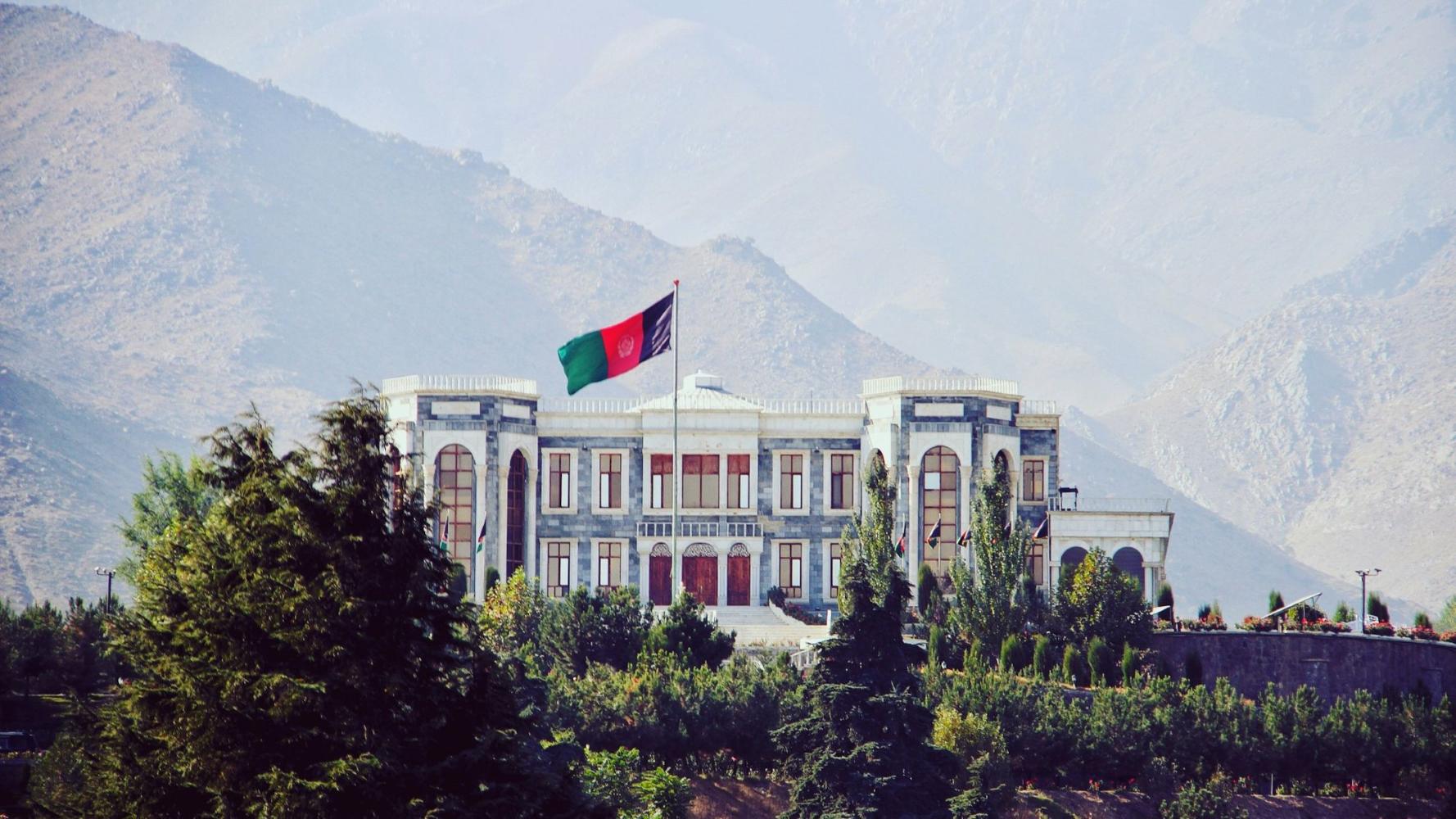he Taliban’s de facto rule since August 2021 presents the most serious obstacle to any form of inclusive, accountable, and lawful governance in Afghanistan. Their system of rule, rooted in authoritarianism, gender apartheid, and ideological rigidity, has reversed two decades of hard–won gains in institution building between 2001 and 2021. Today, Afghanistan is governed through fear rather than legitimacy, with no separation of powers, no independent judiciary, and no recognition of basic human rights—particularly for women and minorities.
During the 2001–2021 period, with all its flaws and missed opportunities, Afghanistan saw the establishment of democratic governance institutions supported by constitutional frameworks, civil society engagement, and a growing (if imperfect) rule of law. Local and national structures from parliaments to courts and independent commissions began to take root, offering a vision of responsive governance. However, that short experiment was undermined by corruption, uneven capacity, and top–down statebuilding driven by international actors who were often disconnected from local realities.
Under Taliban control, even the imperfect foundations of governance have been dismantled. The group’s theocratic and unaccountable model has excluded half the population—Afghan women—from public life, silenced civil society, and undermined any prospects for justice or economic stability. This status quo is not just untenable—it is dangerous.
The international community must act urgently to rationalize this status quo through a meaningful conflict resolution process. That means bringing the Taliban to the negotiating table alongside other Afghan stakeholders—political actors, civil society, women leaders, and youth representatives—to reach a sustainable political settlement. Only such a negotiated outcome can pave the way for the formation of a legitimate, inclusive government that represents the diversity and aspirations of the Afghan people.
Once such a settlement is achieved, the focus must shift toward rebuilding strong, resilient institutions of good governance from the bottom up. These institutions must be designed to be transparent, accountable, and representative, drawing lessons from both the gains and failures of the 2001–2021 period. With the right support, Afghanistan can quickly begin catching up with the hybrid systems of governance now in fashion globally—blending public-private collaboration, local participation, and digital innovation to deliver responsive and effective governance. The opportunity remains; what is needed is the political will to seize it.


a global affairs media network
Confronting the governance crisis in Taliban–controlled Afghanistan

Paghman Castle, Kabul Afghanistan. Photo by Farid Ershad on Unsplash
July 28, 2025
Under the Taliban, the hard–won, imperfect foundations of governance built over two decades in Afghanistan have been dismantled. To rebuild governance requires a meaningful conflict resolution process inside Afghanistan, backed by the international community, writes M. Ashraf Haidari.
T
he Taliban’s de facto rule since August 2021 presents the most serious obstacle to any form of inclusive, accountable, and lawful governance in Afghanistan. Their system of rule, rooted in authoritarianism, gender apartheid, and ideological rigidity, has reversed two decades of hard–won gains in institution building between 2001 and 2021. Today, Afghanistan is governed through fear rather than legitimacy, with no separation of powers, no independent judiciary, and no recognition of basic human rights—particularly for women and minorities.
During the 2001–2021 period, with all its flaws and missed opportunities, Afghanistan saw the establishment of democratic governance institutions supported by constitutional frameworks, civil society engagement, and a growing (if imperfect) rule of law. Local and national structures from parliaments to courts and independent commissions began to take root, offering a vision of responsive governance. However, that short experiment was undermined by corruption, uneven capacity, and top–down statebuilding driven by international actors who were often disconnected from local realities.
Under Taliban control, even the imperfect foundations of governance have been dismantled. The group’s theocratic and unaccountable model has excluded half the population—Afghan women—from public life, silenced civil society, and undermined any prospects for justice or economic stability. This status quo is not just untenable—it is dangerous.
The international community must act urgently to rationalize this status quo through a meaningful conflict resolution process. That means bringing the Taliban to the negotiating table alongside other Afghan stakeholders—political actors, civil society, women leaders, and youth representatives—to reach a sustainable political settlement. Only such a negotiated outcome can pave the way for the formation of a legitimate, inclusive government that represents the diversity and aspirations of the Afghan people.
Once such a settlement is achieved, the focus must shift toward rebuilding strong, resilient institutions of good governance from the bottom up. These institutions must be designed to be transparent, accountable, and representative, drawing lessons from both the gains and failures of the 2001–2021 period. With the right support, Afghanistan can quickly begin catching up with the hybrid systems of governance now in fashion globally—blending public-private collaboration, local participation, and digital innovation to deliver responsive and effective governance. The opportunity remains; what is needed is the political will to seize it.


